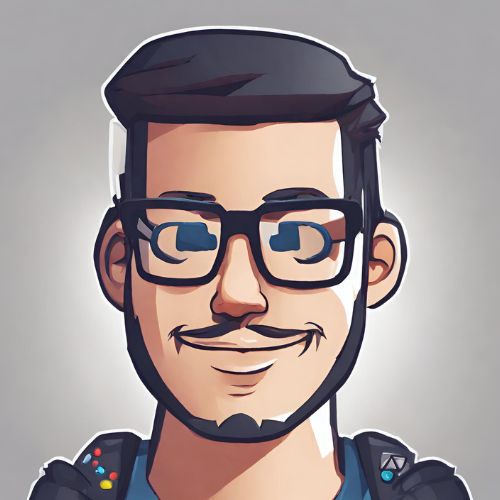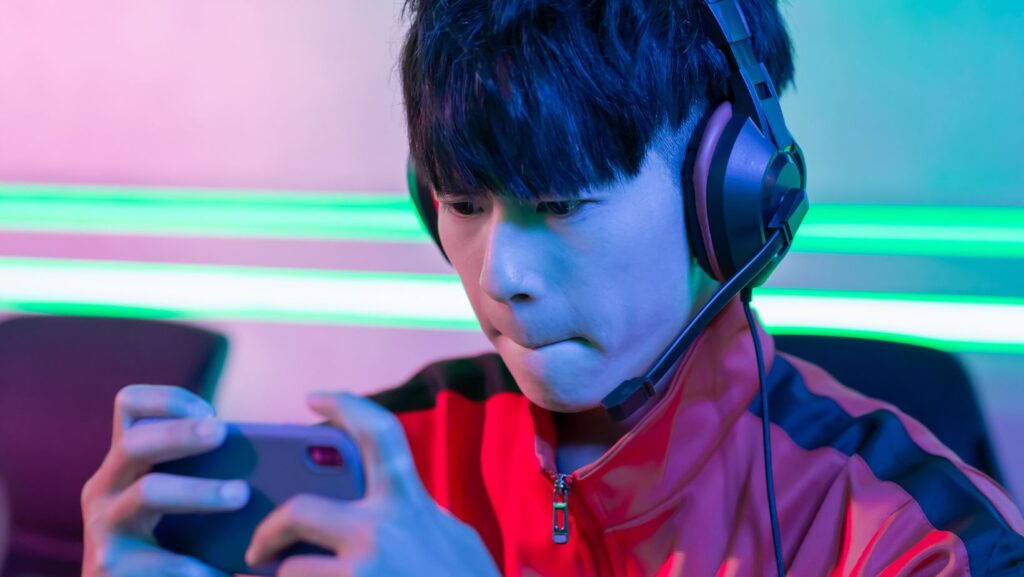It’s the ultimate modern dream: turning thousands of hours spent on the couch, controller in hand, into a career commanding stadium stages and winning life-changing prizes. Every competitive gamer has, at some point, fantasized about leaping from casual competitor to esports professional. But is that massive jump—from enjoying a game to mastering it as a career—really possible for the average, dedicated player?
The short answer is yes, but the reality is far more demanding than most assume. The world of professional gaming is intensely competitive, highly structured, and characterized by a level of dedication that rivals that of traditional sports. Becoming a pro requires more than just high skill; it demands elite strategy, mental fortitude, and a rigorous training schedule. This pursuit of elite status is evident across all competitive digital spaces, where high engagement is the primary metric of success. Even platforms like VulkanVegas casino understand the importance of high-level performance and user commitment to excel in a competitive environment. To truly join the ranks of the professional players, you must approach gaming not as a hobby, but as a full-time, demanding vocation.
The Reality Check: Separating Skill from Pro-Level Talent
The most common misconception aspiring pros face is confusing “being good” with “being the best.” The most popular competitive titles, such as League of Legends, Dota 2, and CS: GO, have millions of active players. Even reaching the top 1% of the player base still leaves you in the company of thousands of other highly skilled players, all vying for a few hundred professional spots globally.
Professional talent isn’t just about winning games; it’s about absolute consistency under extreme pressure. It involves possessing rare attributes that can’t be taught through simple practice.
These defining traits separate the elite from the highly skilled:
- Exceptional Game Sense: The ability to predict opponents’ moves two or three actions in advance and understand the game’s evolving meta-strategy faster than anyone else.
- Mental Toughness: The capacity to maintain peak performance and decision-making quality immediately after a significant failure or loss.
- Adaptability: The speed at which you can master new patches, champion changes, or map layouts—often within hours of release.
- Teamwork and Communication: The ability to fit seamlessly into a high-functioning team structure and communicate with precise, minimal language.
The Pro Schedule: Training Like an Athlete
If you think professional gaming means sleeping in and playing when you feel like it, think again. Professional teams follow training regimens that closely resemble those of traditional athletes. This routine is mandatory because skill deterioration is rapid in such a fast-paced, high-stakes environment.
A typical day for an Esports professional is structured and intense, designed to optimize both physical and mental performance. It’s an eight-to twelve-hour workday dedicated exclusively to the game.
The essential components of a competitive training schedule include:
- Solo Practice & Mechanics (2 hours): Dedicated time to hone reflexes, mouse control, and muscle memory in controlled drills.
- Team Scrims (4-6 hours): Structured practice matches against other professional or semi-professional teams under competitive conditions. This is the core of training.
- VOD Review and Analysis (2 hours): Painstakingly reviewing recorded games (Video On Demand) to identify mistakes, improve coordination, and analyze opponents’ strategies.
- Physical and Mental Conditioning (1 hour): Exercise, healthy eating, and mindfulness or meditation sessions—crucial for maintaining focus over long tournaments.
The Path to Professional Scouting
Simply playing a lot won’t get you noticed; you must strategically position yourself to be scouted. Teams don’t recruit players from random solo queues; they look for talent that has already proven its worth in high-pressure, recognizable environments.

The journey often begins locally before expanding to national and international attention. Skipping steps is nearly impossible as each level serves as a filter for identifying true professional potential.
Here is the realistic progression toward being scouted:
- High-Rank Grinding: Reach the absolute peak rank in the game’s competitive ladder (e.g., Challenger, Global Elite). This proves your individual skill ceiling.
- Semi-Professional Teams: Join a successful amateur or academy team competing in local and regional online leagues. This demonstrates teamwork and commitment.
- Content Creation/Streaming: While not mandatory, creating quality content or streaming high-level gameplay increases visibility and builds a personal brand that teams notice.
- Major Ladder/Combine Performance: Consistently performing at the highest level in specific third-party leagues or tournaments (often referred to as combines) where pro scouts actively watch.
The Business of Being a Pro
It’s important to remember that Esports is a career, and careers involve contracts, agents, brand building, and financial literacy. Beyond gameplay, a successful pro needs to understand the business side of the industry. This includes managing endorsements, negotiating streaming contracts, and maintaining a positive public image.
Poor off-stage conduct can end a career just as quickly as poor gameplay. Teams invest heavily in their players and demand professional behavior that aligns with the interests of their sponsors. The transition from bedroom gamer to professional athlete is as much a lesson in personal conduct as it is in gaming skill.
Turning the Dream into a Blueprint
While the path to becoming an Esports pro is narrow and demanding, it is clearly defined. It requires the dedication of an athlete, the analytical mind of a strategist, and the discipline of a student. The question isn’t whether it’s possible, but whether you are willing to make the personal sacrifices required to enter that elite tier. If you are serious, stop treating gaming like a pastime and start treating it like a full-time pursuit.
Start today by honestly evaluating your own skill set against the best in the world. Identify one weakness in your gameplay, dedicate your training this week to fixing it, and find a consistent team to practice with. Are you ready to trade the couch for the combine?


